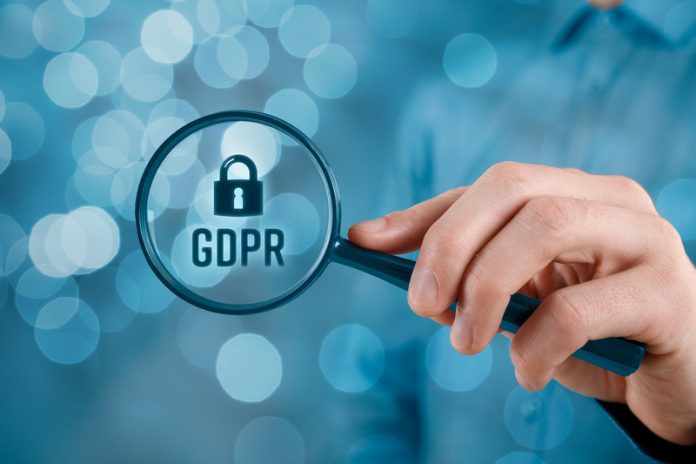In one way or another, your business has been impacted by the introduction of the General Data Protection Regulation (GDPR). Although this legislation has been enforced by the European Parliament, it will continue to impact businesses around the world that have relationships with European consumers
The legislation was introduced in a bid to better safeguard the data of citizens across Europe. Although the 25th of May has passed, and businesses believe that they have become compliant with the regulations, they must continue to monitor and adjust their operations to avoid the harsh penalties that have been set out. These include: 4% annual global turnover or €20m fee – whichever appears greater in relation to the non-compliant organisation.
Maplewave, who are customer experience software specialists investigate:
Does your business use paper?
There’s no reason why your business should be continuing to use paper, especially with digital alternatives. However, 31% of businesses are still ‘piled high with paper’ and only 17% are almost paperless all together.
If you continue to use paper documents post-GDPR, your business is at higher risk of the harsh penalties. Consumers now have the right to know that their data is being handled in the safest way possible and, if not, this legislation has made it easier for them to seek legal action if they require — to help combat potential data breaches.
If you haven’t got a dedicated department to handle your paper documents, it might be time to invest in one. You must ensure that your business is in line with GDPR at all times — if you opt for paperless, this is one less thing for your company to worry about.
You also must become familiar with Article 17 of the legislation, that gives citizens the right to be forgotten. For organisations which have kept information for a long period of time in an insufficient way because there has been no previous enforced structure to follow, this could potentially be detrimental and cause great implications on their business.
If a customer who has previously given their personal information to your organisation was to make a request to erase their details, you will find yourself asking many questions throughout the process of removal.
As well as this, it could then become difficult to locate the information. You might even be wondering whether you still have the information; regardless, you will still be required to check, which could slow down business operations on a much larger scale.
Does your business print paper?
Many businesses make the mistake of installing technology but forgetting to make the appropriate updates. Products are becoming smarter, which is allowing us to have greater control over operational activities. These include printers and fax machines, which are now referred to as internet-capable and end-point devices and although this level of accessibility is beneficial, there are some drawbacks that accompany it.
Many printing problems will come down to human error. If a sensitive document has been sent to print and, assuming that the printer does not have a pull-print solution (which allows an authorized individual to release the paper), the wrong person could collect the document. If this document has classified data on it, you’ve had a data breach.
If you fail to implement the right printing solutions, you’ll not be able to effectively monitor what has and hasn’t been printed — and who by. This could make it difficult if you were to have a data breach, as investigations would need to try and find who was responsible and who picked up the documents.
Implementing a paperless strategy would also be cost effective for your business, while offering environmental benefits too.











